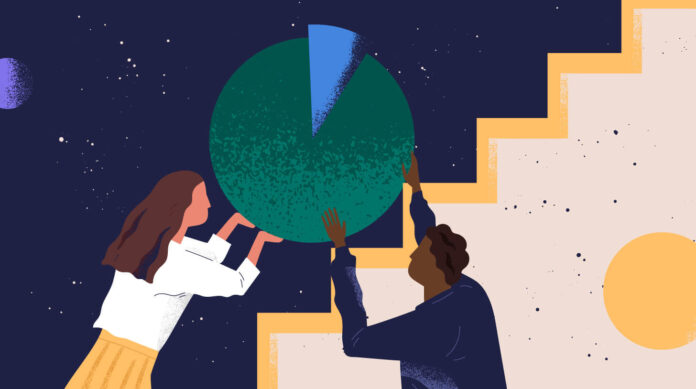Overview
Though in many ways it’s unclear what the future of work holds, Matt Mullenweg, the founder of WordPress, offers a fairly informed vision of where it ought to go. Mullenweg outlines nontraditional work in five levels of autonomy, ranging from normal 9-5 office work to a fully asynchronous, global workforce. The standard workforce, he mentions, derives from industrial-era factory work, and simply hasn’t been updated to reflect the changing nature of work. Remote work, pushed to widespread adoption by the COVID-19 pandemic, has created the opportunity to reframe the way work gets done.
Takeaways
- How should we approach new possibilities afforded by developing and widely-adopted technology?
- Fully “autonomous” asynchronous work means that companies can easily begin utilizing global talent pools and thinking more globally.
- The user experience of work, it turns out, is quite liable to change.
Excerpts
- (6 min) You could probably get a lot more done in less time in the future
- (6 min) I consider this a moral imperative
- (8 min)Freedom and agency are critically important to the workforce
- (10 min) Writing is becoming the most important form of communication and alignment
- (13 min) The future of work is asynchronous – the judgement is in what people produce, not necessarily how they produce it.
- (13 min) The 9-to-5 workday model is a direct result of factory work and the industrial era.
- (16 min) Increasing a remote talent pool in an asynchronous, global workforce affords a 24-hour cycle
- (20 min) More equitable communicating process – asynchronous work means that more people will share insights (as opposed to react during a meeting) since they have more time to think about it.
- (23 min) Health, wellness, and well-being has the opportunity to increase. People can work at their highest level due to this, access better creativity, and so on.
- You no longer focus on input stuff – time at desk – but instead purely on output.
- We inherit this focus on desk time, etc., from factory work.
- Organizational transparency is important to make this happen.
- (35 min) Managers are the biggest barriers for distributed work. “Management by walking around” – ambient info gathering – means a lot less pulse on the team. Managers have to keep a better eye.
Stakeholders
- Decision-makers: managers, executives
Harris, Sam, and Matt Mullenweg. “Making Sense Podcast #194 – The New Future of Work.” Sam Harris, 24 Mar. 2020, samharris.org/podcasts/194-new-future-work/.




